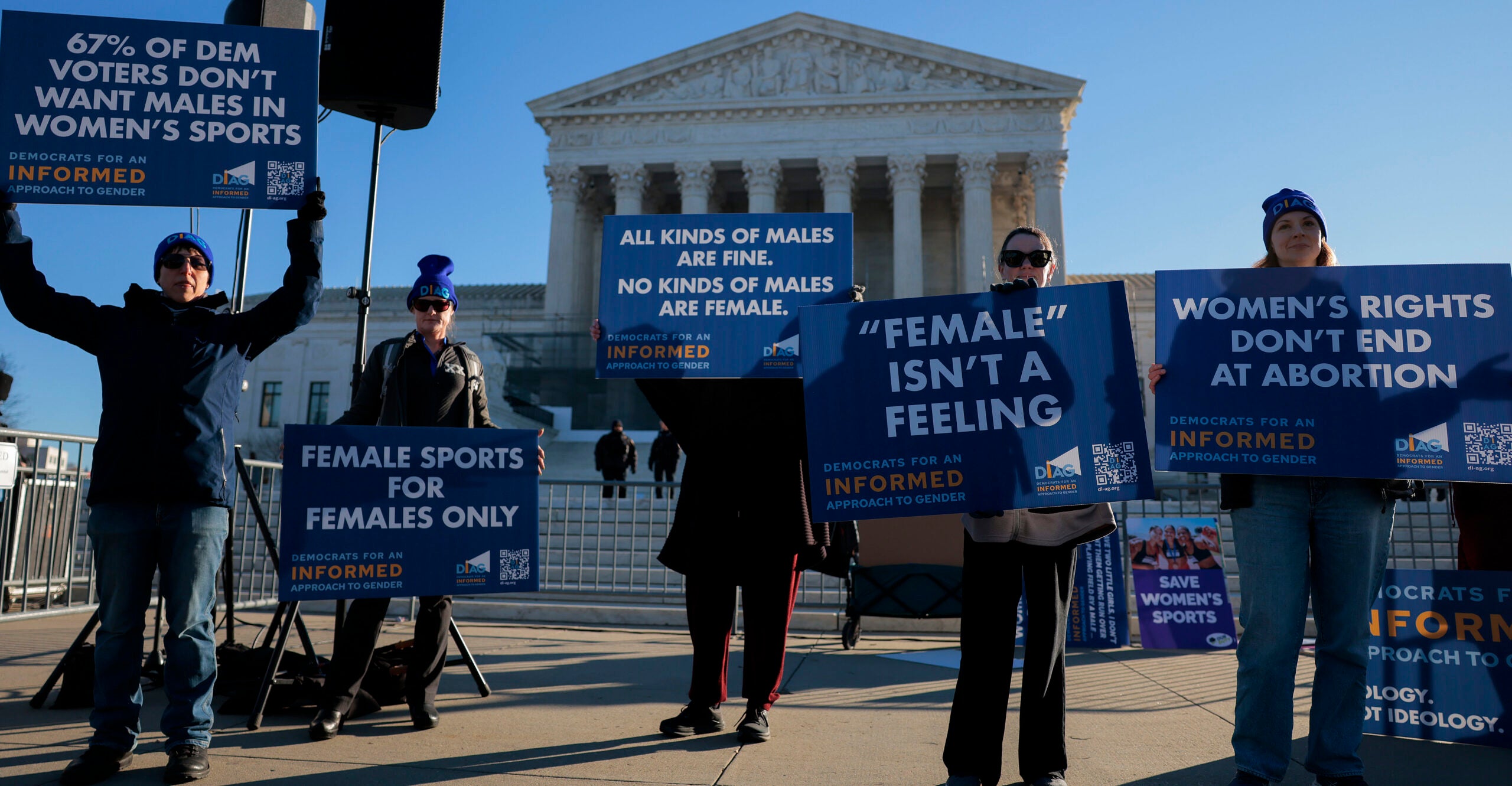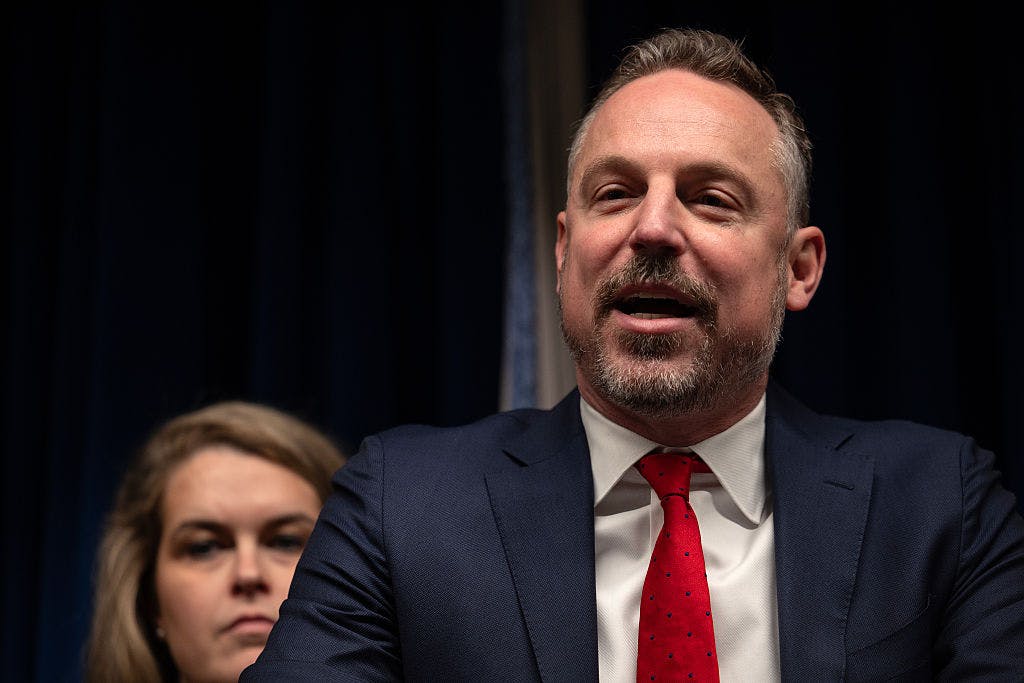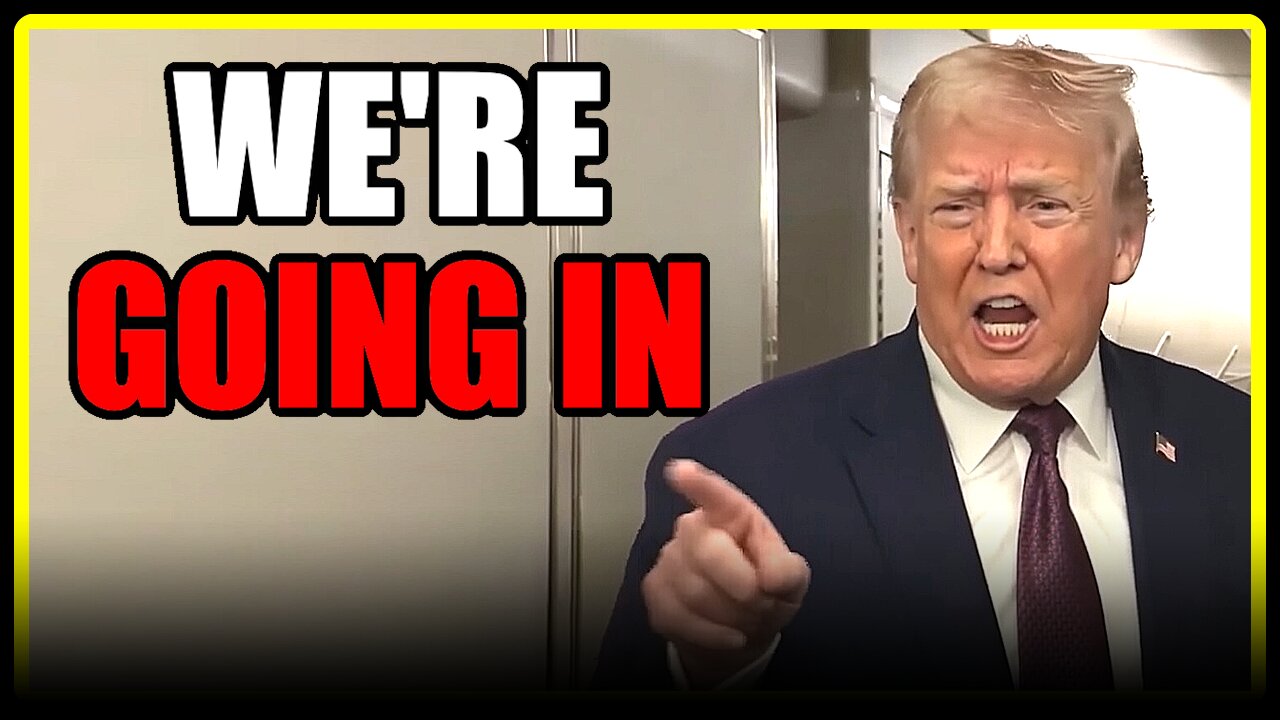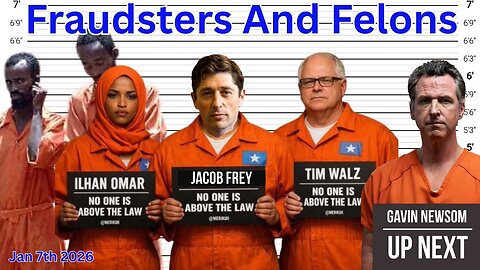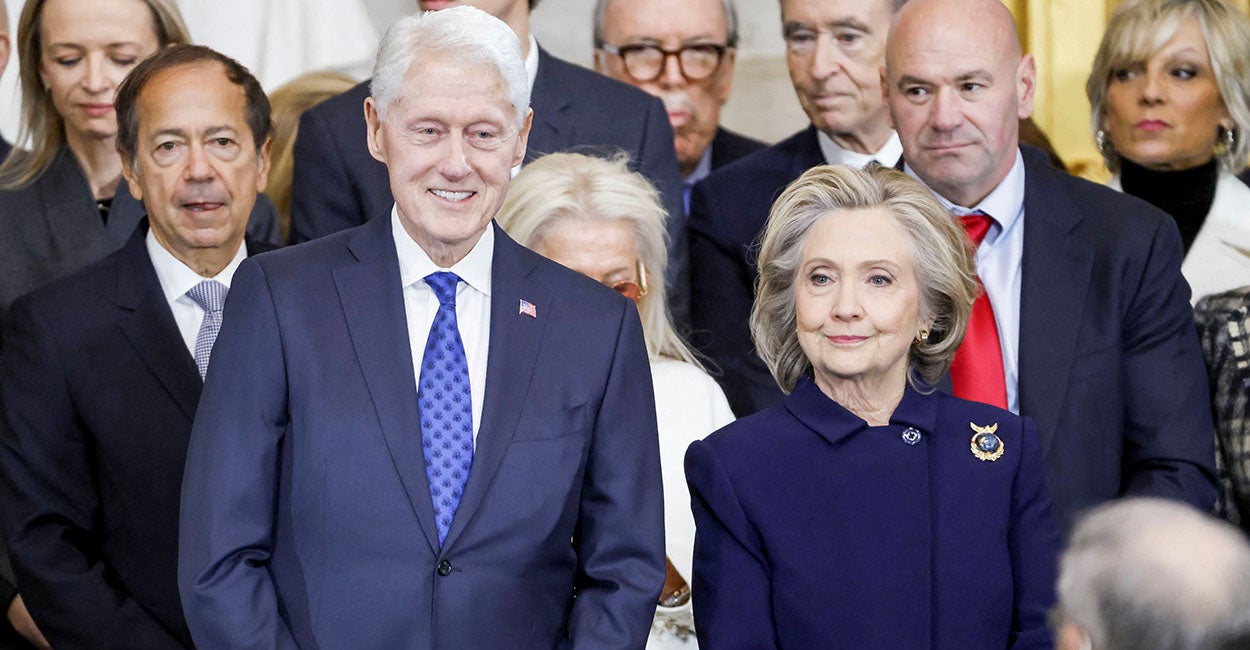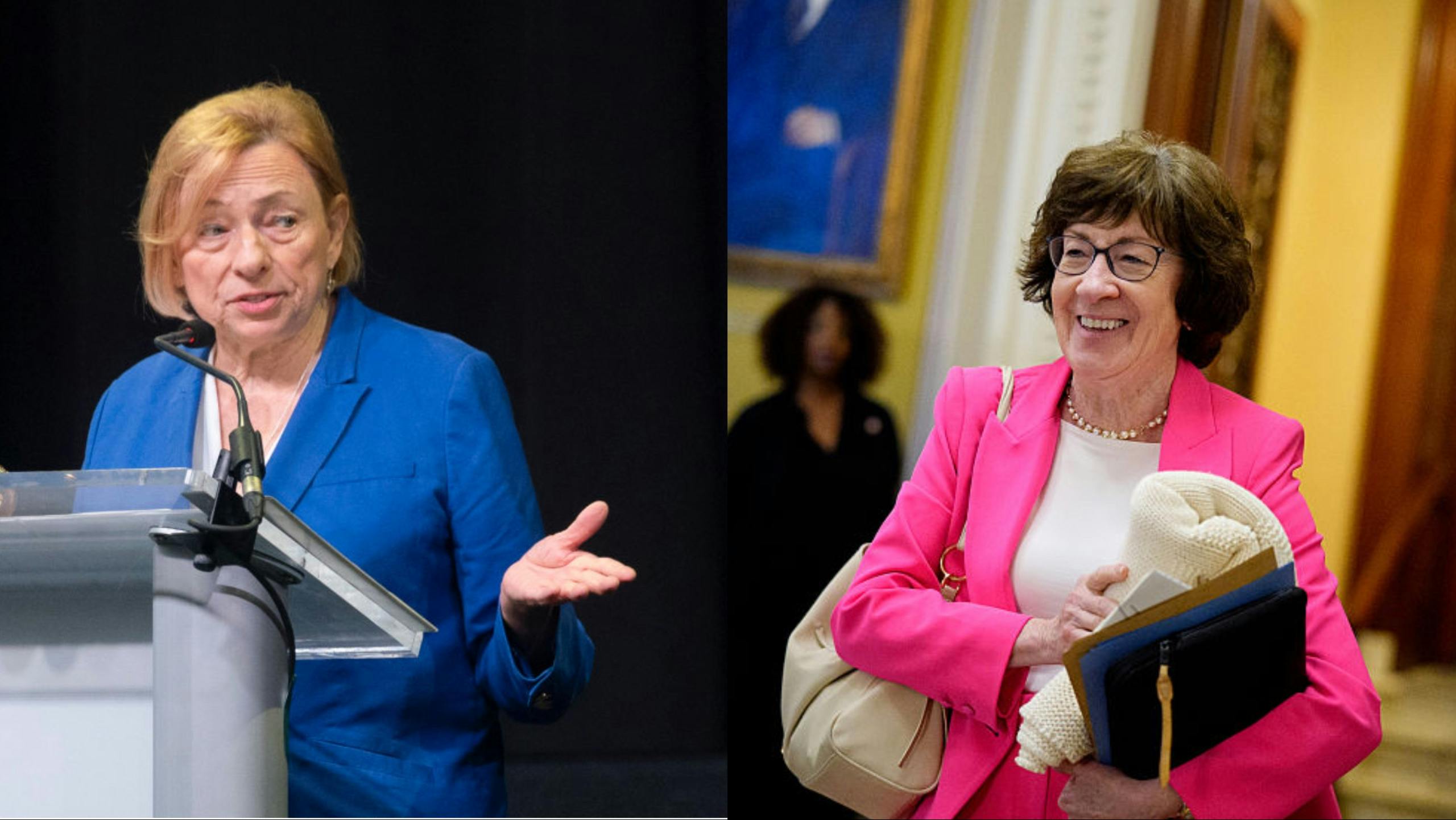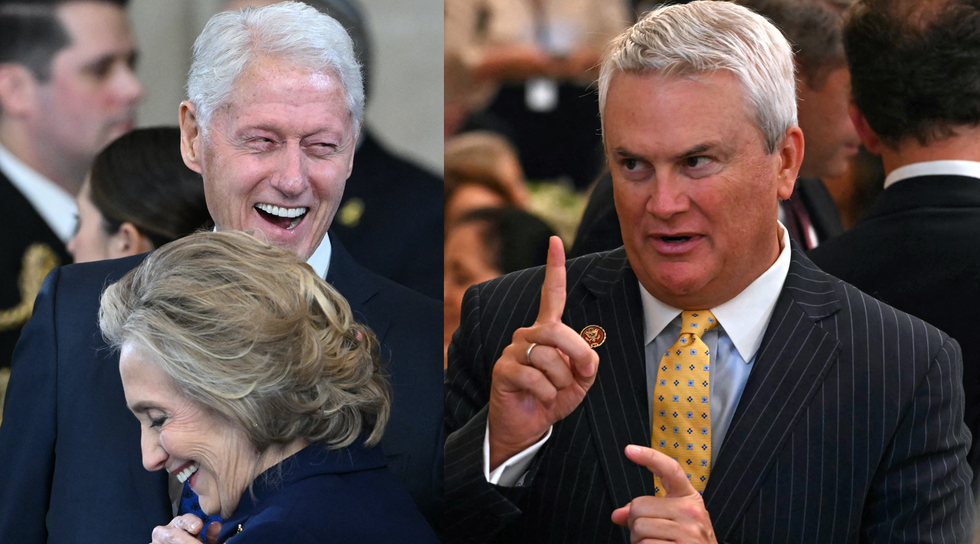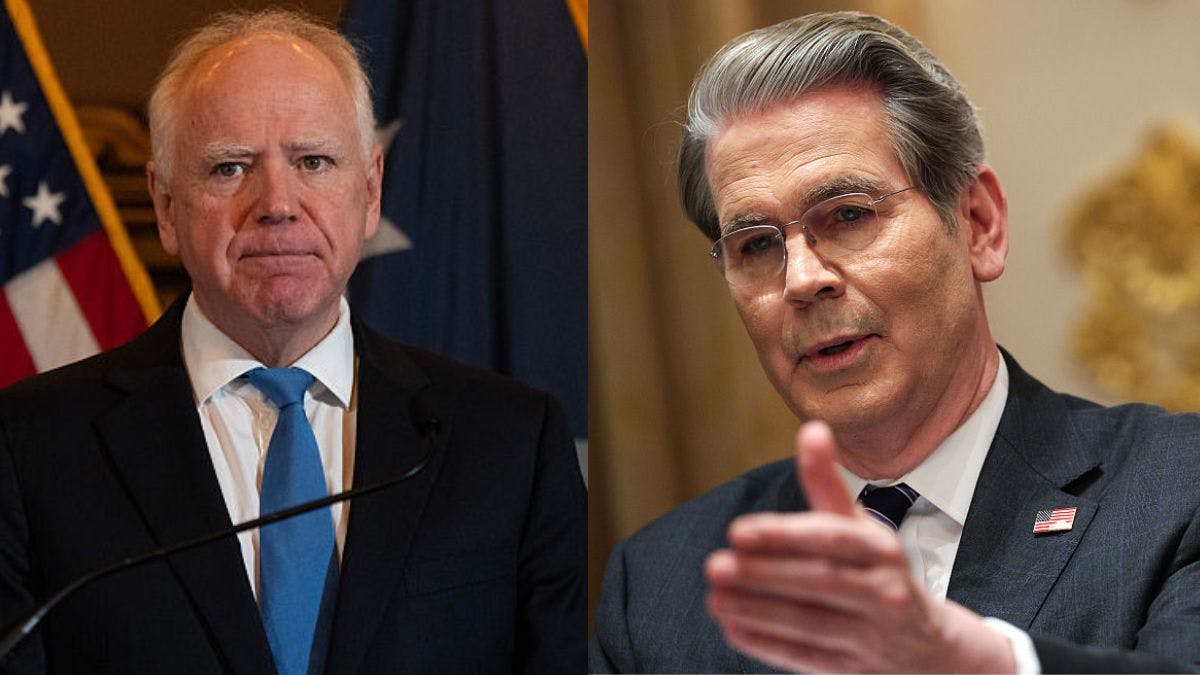Conservative Group Calls For Lawmakers To Fight Government-Driven ‘Debanking’

A conservative policy powerhouse is calling for changes to financial rules that allow the government to pressure banks into cutting ties with groups they find ideologically objectionable.
Live Your Best Retirement
Fun • Funds • Fitness • Freedom
The America First Policy Institute’s Center For American Prosperity on Thursday released “Debanked: When Political Bias Trumps Financial Judgment.” The white paper outlines five proposals that the authors say would stop banks from taking subjective political criteria into consideration when deciding whether to offer services to a particular person or entity.
Debanking “creates a de facto blacklist of people and organizations that have lost access to banking services and have significant difficulty regaining access to banking,” Jill Homan, Deputy Director of Trade and Economic Policy, and David Vasquez, Senior Policy Analyst for Energy & Environment at AFPI, write in the report.
“Debanking creates uncertainty and hardship. In a nation governed by laws, the practice of legal coercion through regulatory discretion is antithetical to the American system of justice,” the authors add.
“Ultimately, debanking is not just an economic problem, but a constitutional one. When federal officials use unofficial “guidance” to achieve what Congress never authorized, they violate both the spirit and letter of the law. The solution is to excise power from the regulators, and that begins with narrowing their discretion.”
Debanking reached a fever pitch in 2013, when the Obama Justice Department launched “Operation Choke Point.” Under the operation, the Justice Department targeted “companies believed to be at a high risk for fraud and money laundering.” In reality, Choke Point involved government officials pressuring banks to cut ties with firearms dealers and other businesses the Obama administration deemed intolerable. The Biden administration continued its debanking efforts with Operation Choke Point 2.0, an effort to target the cryptocurrency industry.
In addition to the firearms and crypto industries, religious groups and conservative organizations have also been frequent targets of government-run debanking.
The authors suggest a number of policy tweaks that could prevent future debanking efforts. They urge Congress to pass the Financial Integrity and Regulation Management Act, which would “remove the subjective criteria of ‘reputational risk’ which bank regulators use to evaluate a financial institution. … Instead, financial regulators would rely entirely on objective criteria to assess financial soundness.”
The law would also restrict the Federal Deposit Insurance Corporation from judging a financial institution’s trustworthiness on the “competency of bank management,” which is evaluated based on the risk regulators believe the institution is exposed to, based on the businesses it serves.
The authors also call for a uniform “Federal Fair Access” standard that would “end the need for states to develop separate debanking legislation that further complicates banking operations with a patchwork of inconsistent and conflicting state laws.”
A requirement to notify customers and explain the reasoning ahead of a decision by a financial institution to end its relationship with someone would increase transparency. Modernizing old regulations would also mitigate problems brought about by using a 1970s legal framework in the present-day financial environment.
“Whether the result of politically driven regulators abusing their authority or bad policies, this administration and Congress have an opportunity to dramatically curb the practice of government-driven debanking across the country through federal action,” the authors conclude. “Doing so involves reducing subjectivity and instituting these changes into law.”
Originally Published at Daily Wire, Daily Signal, or The Blaze
What's Your Reaction?
 Like
0
Like
0
 Dislike
0
Dislike
0
 Love
0
Love
0
 Funny
0
Funny
0
 Angry
0
Angry
0
 Sad
0
Sad
0
 Wow
0
Wow
0
